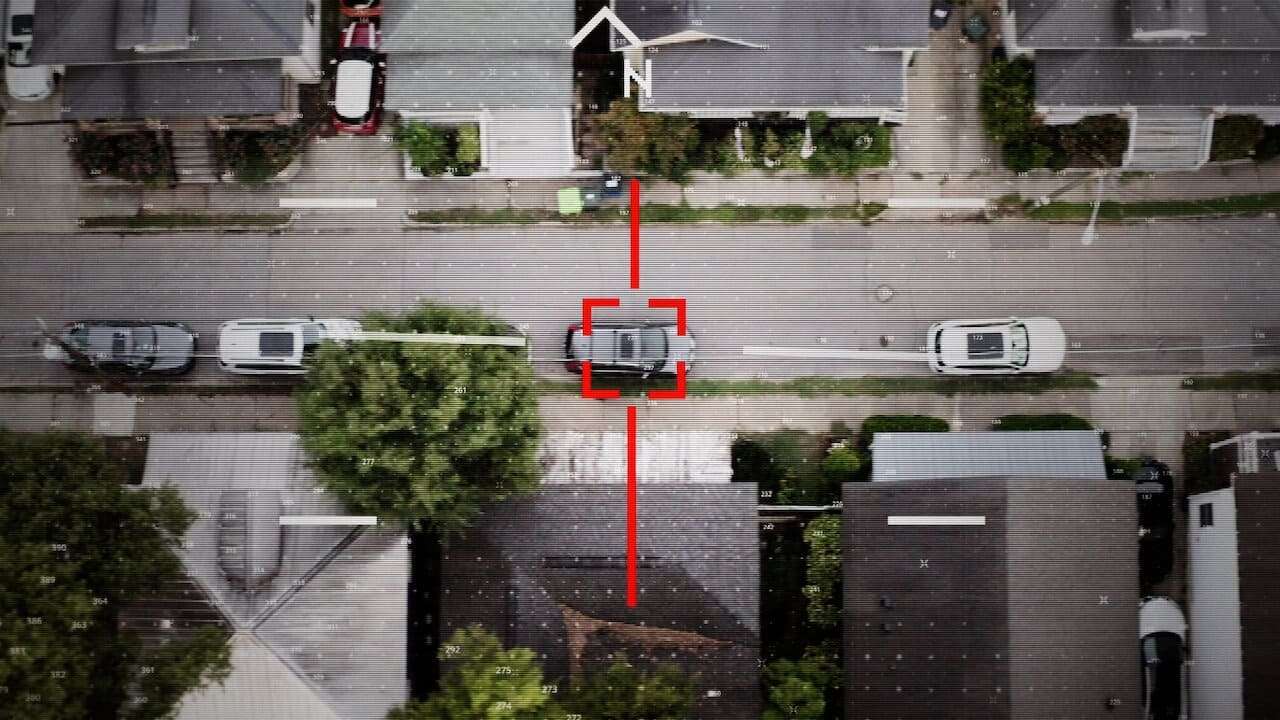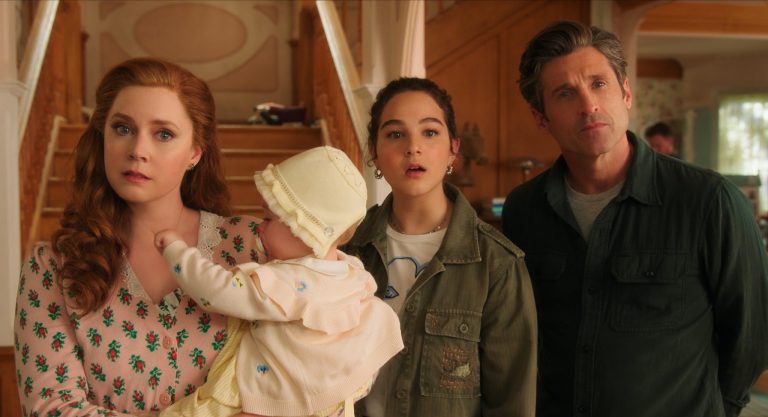AI and machines are on the rise. The idea of ‘Rise of The Machines’ is seen right in the film’s first sequence as a few drones rise into the air. Per director Jesse Sweet’s Netflix Original docufilm – Unknown Killer Robots (2023), AI can remove poverty, make the world peaceful, and help in the creation of medicines. The latter is something many would have wished for as the world battled the pandemic with no cure in sight. The concept of AI-dominated conversations in 2023, with the advent of Chat GPT, made it dominate our world. But the concept of artificial intelligence has been there and debated for way longer.
You may ask how? Well, think of Siri and Alexa… that’s right. Now, the thing with artificial intelligence is that it is evolving. Starting off as something to aid humans, the ones developing it have the potential to allow said machines to make decisions themselves. When used in war, this could result in both parties attributing wanton destruction and cold algorithmic decisions to real-life Unknown Killer Robots.
“Machines exercising lethal power against humans without human intervention is politically unacceptable, morally repugnant.”
Izumi Nakamitsu
This 68-minute docu-film features a mix of experts sharing their perspectives and real footage taken from news archives. The merging of these, along with the insertion of Justin Melland’s score, can provoke the viewer to understand the magnitude of the decision. Is allowing the machines to make decisions ethical? The fine line on which those thinking about this is the main question that comes forth and gets answered.
According to the documentary, AI is a double-edged sword that has its pros and cons. It is likened to human intelligence and even something like fire, which are double-edged swords. However, there is one more place where this double-edged sword can be a factor. Thanks to the accidental robot revolution (well, every invention can be classified as an accident), AI in military applications is a thing that can see soldier vs soldier/enemy become a man vs. machine battle. In military applications, AI will result in objects that don’t fear death entering the battlefield. These killer robots will fight with reckless abandonment of safety and will not fear death.
Remember Atom from Real Steel? How the robot just kept taking punches. Imagine such a robot on the battlefield… alarming? Something that would save humanity? If you haven’t seen Real Steel, the docu-film provides audiences with a simulation of a drone tracking down a human in a narrow corridor. Netflix’s Unknown Killer Robots explores both possibilities and informs audiences of inventions from the past that resulted in wanton destruction and saved soldiers.
The narrators touched on the reason the Gatling gun was created. After witnessing the suffering of their soldiers in the civil war, Richard Gatling came up with a way for them to win battles without sustaining damage. The Gatling gun, in the present day, is the drone that militaries use. These reduce human risk in engaging in combat with the enemy. It is in use, but the thing here is that a human presses the button after an order from an important individual. What if this order and the press of the button are eliminated? Who will take the burden of the moral dilemma?
Moral Dilemma of AI taking decisions in Warfare
There is a rather chilling discussion about how war does not look at children or adults and killing a child is collateral damage. While a human would pause and think, a machine may not have the emotional intelligence to take the call, with friend and foe being the two criteria to terminate. This can lead to a battle between what’s legal and what’s right.
The battle between what’s legal and what’s right
Programs can be written by eliminating the fog of war and the need to use human judgment to make decisions at such a moment. These programs will follow the legal guidelines, including all the loopholes that can be exploited. This reason results in autonomy not being granted to something that can’t think for itself. This is something that Arthur Weasley said in Harry Potter 2- Never trust something that can think for itself if you can’t see where it keeps its brain.
To what level can machines have autonomy?
AI is used in the aforementioned Siri and Alexa. It is also used in phones, chatbots, maps, etc. Most of these don’t involve matters of life and death. Also, they are controlled by humans. I may have missed out on a few things that would take their own decisions, but stuff like self-driving cars isn’t common yet. These inventions have a human taking the call for what needs to happen, allowing them not to have their own autonomy.
Imagine if one of these systems was to simply do something based on a program. For example, it would switch on the air conditioning when the temperature fell to a certain level; even when it wasn’t needed because there was a heavy breeze. Autonomy in such a small manner could be inconvenient, In fact, this film talks about the autonomy a robot could have in claiming lives. While exploring the risks, Unknown Killer Robots also focuses on the benefits.
What are the benefits of Unknown Killer Robots?
The lives of soldiers will be saved. But will only fear about the AI war machines would keep the peace? This Netflix film acknowledges the risks and even highlights how there are benefits. The use of robots can help survey unreachable terrains. These include mountains and regions of wildfires and floods. Robot dogs could serve as rescuers. Fair. But in all these cases, a human would be controlling and aiding it. Black Mirror’s Metalhead is an example of what could happen if robot dogs functioned of their own accord.
The idea, the ethical questions, the answers, and the impending reality is what come forth here. The problem is the enemy isn’t bothered about the ethical dilemmas, resulting in there being a race to be at the forefront of AI- particularly military application AIs.







